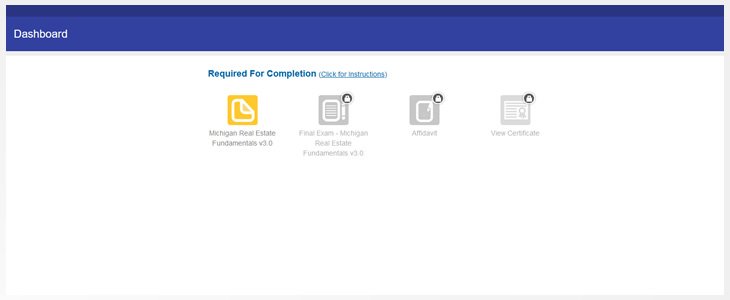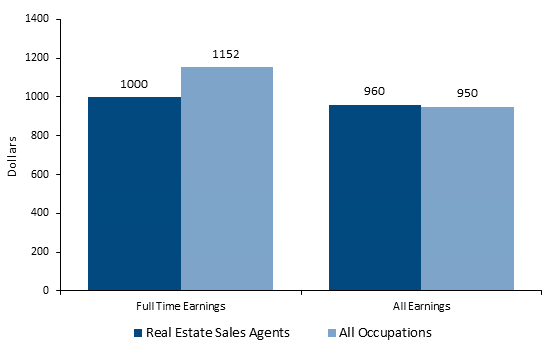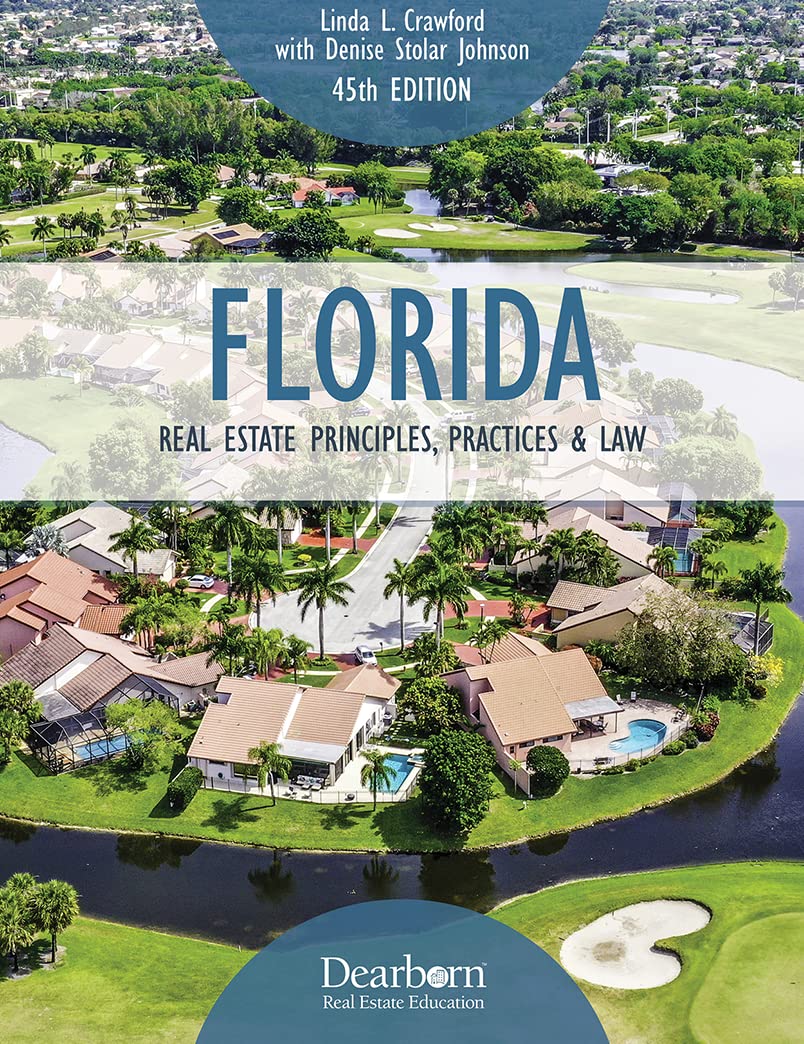
You need to be educated about the details of renting property. Learn about the pros and disadvantages of renting out properties and get a broad view of the entire process. Think about who will live there, when it will become vacant, and why it is important to you.
Rent to own
A rent to own rental property is a way to purchase a single-family home without having to pay the full price at once. You can build your credit score and save money to purchase the home. It also helps you avoid private mortgage coverage.

Hard money loans
Hard money loans to purchase rental property are loans based on an asset's market value, and not the borrower’s credit score. This means that lenders look at both the property's current value and the value after repairs. This means that rental property loans from hard money lenders can often have higher interest rates than other forms.
Owner-occupancy Loans
Owner-occupancy loans are a great way diversify and earn rental income. Because of the risk of investors defaulting, these loans usually have a higher interest and require a larger downpayment. These terms, while more restrictive, are advantageous for real estate investors. They will be able, as a tax deduction, to fully expense interest payments.
1031 Exchanges
If you've been considering using 1031 exchanges to purchase rental property, it can be a great way to upgrade your portfolio. It is important to quickly find a substitute property. This means you need to find the replacement property in less than 45 days. You also must close on the deal within 180 days. While there are many rules to follow, a smart property-finder tool can make it easier.
Renting a single family home as a purchase
A single-family home is a better investment than multi-family properties for residential rental. First of all, single-family homes tend to have more space inside and outside. This makes them more appealing to tenants who have families and/or pets. A lot of single-family houses have fenced-in backyards and off-street parking which can make it easier for tenants to move in. Another advantage of single-family homes is that they are usually more affordable than multi-family properties.

Budgeting for all aspects
Budgeting for the whole process of purchasing rental property starts with determining your monthly spending. This figure should be based on your monthly income, expenses and the costs associated with owning and maintaining a rental property. Next, calculate the amount that will go towards rent and monthly expenses. You must be careful not to overspend and learn to live within your means.
FAQ
Which is better, to rent or buy?
Renting is generally less expensive than buying a home. However, you should understand that rent is more affordable than buying a house. Buying a home has its advantages too. You will be able to have greater control over your life.
What are the pros and cons of a fixed-rate loan?
Fixed-rate mortgages guarantee that the interest rate will remain the same for the duration of the loan. You won't need to worry about rising interest rates. Fixed-rate loan payments have lower interest rates because they are fixed for a certain term.
What are the most important aspects of buying a house?
The three most important things when buying any kind of home are size, price, or location. Location refers the area you desire to live. Price refers to what you're willing to pay for the property. Size refers the area you need.
How do I calculate my rate of interest?
Market conditions can affect how interest rates change each day. The average interest rate during the last week was 4.39%. Divide the length of your loan by the interest rates to calculate your interest rate. For example, if $200,000 is borrowed over 20 years at 5%/year, the interest rate will be 0.05x20 1%. That's ten basis points.
Statistics
- Based on your credit scores and other financial details, your lender offers you a 3.5% interest rate on loan. (investopedia.com)
- Over the past year, mortgage rates have hovered between 3.9 and 4.5 percent—a less significant increase. (fortunebuilders.com)
- Some experts hypothesize that rates will hit five percent by the second half of 2018, but there has been no official confirmation one way or the other. (fortunebuilders.com)
- When it came to buying a home in 2015, experts predicted that mortgage rates would surpass five percent, yet interest rates remained below four percent. (fortunebuilders.com)
- 10 years ago, homeownership was nearly 70%. (fortunebuilders.com)
External Links
How To
How to find an apartment?
When you move to a city, finding an apartment is the first thing that you should do. This involves planning and research. It includes finding the right neighborhood, researching neighborhoods, reading reviews, and making phone calls. Although there are many ways to do it, some are easier than others. Before renting an apartment, it is important to consider the following.
-
You can gather data offline as well as online to research your neighborhood. Websites such as Yelp. Zillow. Trulia.com and Realtor.com are some examples of online resources. Local newspapers, real estate agents and landlords are all offline sources.
-
Review the area where you would like to live. Review sites like Yelp, TripAdvisor, and Amazon have detailed reviews of apartments and houses. You might also be able to read local newspaper articles or visit your local library.
-
Call the local residents to find out more about the area. Talk to those who have lived there. Ask them what they loved and disliked about the area. Also, ask if anyone has any recommendations for good places to live.
-
Take into account the rent prices in areas you are interested in. Renting somewhere less expensive is a good option if you expect to spend most of your money eating out. You might also consider moving to a more luxurious location if entertainment is your main focus.
-
Find out about the apartment complex you'd like to move in. It's size, for example. How much does it cost? Is the facility pet-friendly? What amenities is it equipped with? Can you park near it or do you need to have parking? Are there any special rules that apply to tenants?